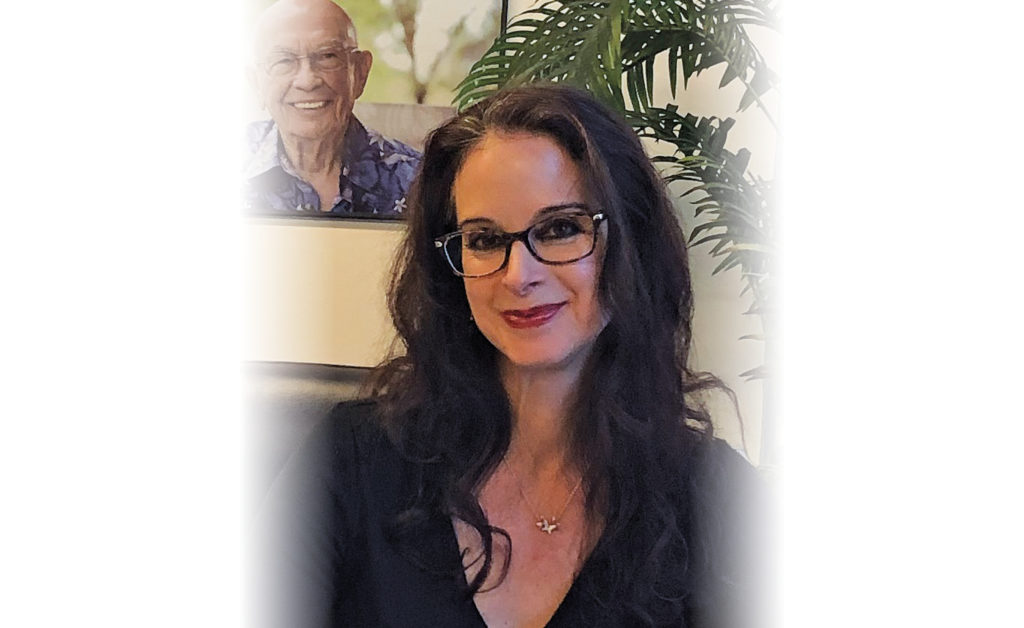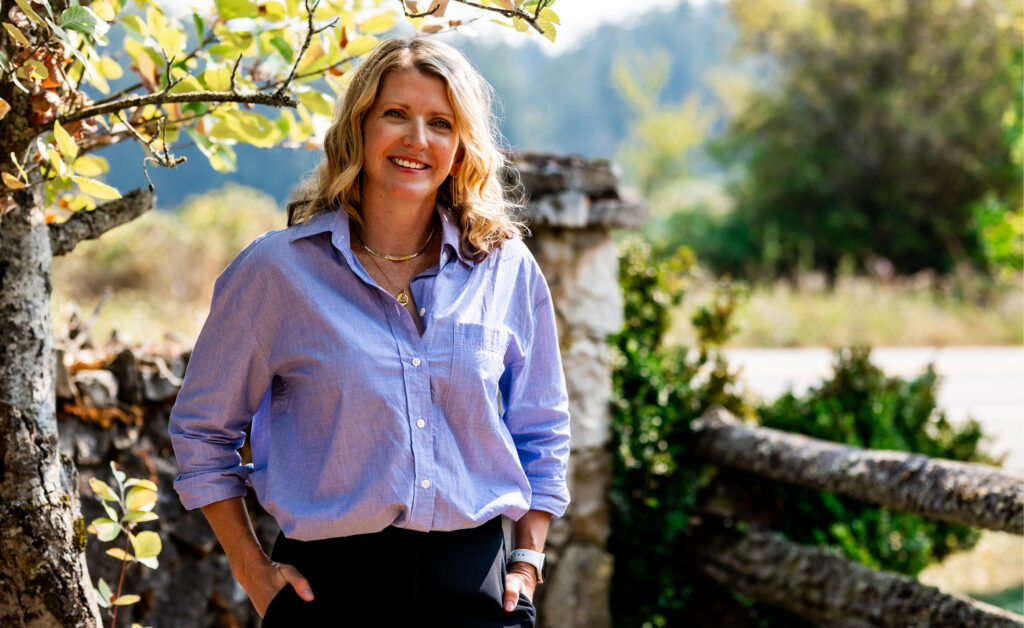by Sherrin Griffin VP, Operations, Sidney SeniorCare –
As the cooler weather approaches, our thoughts turn to preparing our households for the winter months ahead. Whether your senior family member(s) lives in a house on their own or a condo/apartment suite, they may need our help to prepare for the change in seasons, and thinking ahead will go a long way towards ensuring their warmth, safety and ease of mobility.
To start with, many seniors feel the cold more than their younger counterparts, often due to compromised circulation. It is very important, therefore, to make sure seniors have access to appropriate winter clothing including warm socks and additional layers for comfort; waterproof outdoor apparel as well as an appropriate coat for cold weather and even snow; shoes/boots with non-slip treads; insulated gloves and a cozy scarf.
Colder temperatures, wet and slippery outdoor surfaces, power outages and indoor heating devices can all affect seniors’ safety. Issues caused by inclement weather can negatively impact even the simplest tasks of daily living, or worse: result in an accident.
Getting around may be more difficult for the elderly due to decreased visibility, mobility challenges and other safety risks caused by fewer daylight hours, heavy rain or snowfall and high winds. Seniors that live in a home with property will need outdoor walking areas and driveways cleared and salted to avoid slipping or falling. For those living in a condo or apartment, you’ll want to check on building maintenance protocols for outdoor common areas. In the last few years, Victoria has not only had significant snow, but snow that lasted for more than a few days so it makes good sense to prepare for that same possibility this year. As the change of seasons approaches, it is the perfect time to be proactive and explore all options for seniors who may be nervous driving, and/or walking, in the dark or during less than desirable weather conditions. These options could include grocery and medication delivery, and assistance from family members or a home support agency to help with driving to appointments or running errands.
Power outages can be scary at any time of year, but with winter weather and less daylight hours they can be especially dangerous for more vulnerable seniors. Ensure that seniors have easily accessible safety supplies such as several heavy-duty flashlights, extra batteries and a charged mobile phone within easy reach, as regular land lines are not dependable. Since power outages can last indefinitely, make sure that the senior has enough food and medication on hand to last for several days.
Another priority would be to ensure the senior’s home environment is warm, safe and checked for fire hazards. Some seniors use heating pads and/or space heaters as additional sources of heat during colder weather; these devices must be checked for safety including frayed or faulty wires/cables, old outlets, etc. Remove or repair any items in question. Ensure that smoke and carbon monoxide detectors are properly installed, checked and fresh batteries inserted. In addition, many seniors may be loath to turn up the thermostat due to additional hydro costs; offering to help with those extra expenses may help to alleviate their concerns.
Communication with seniors at any time is paramount to their health, safety and well-being; however, it becomes even more important during risky weather. Make sure important phone numbers for family members, supportive neighbours, healthcare providers, grocery and medication delivery, etc. are posted in a convenient, highly visible place. Mobile phones, fully charged at all times as previously mentioned, are also critical. You may even want to consider a medical alert system for emergencies.
As per the saying “it takes a village to raise a child,” that same communal spirit, care and attention should be applied to our seniors. Ultimately, the more we build communities with seniors in mind, the stronger our communities will be.




